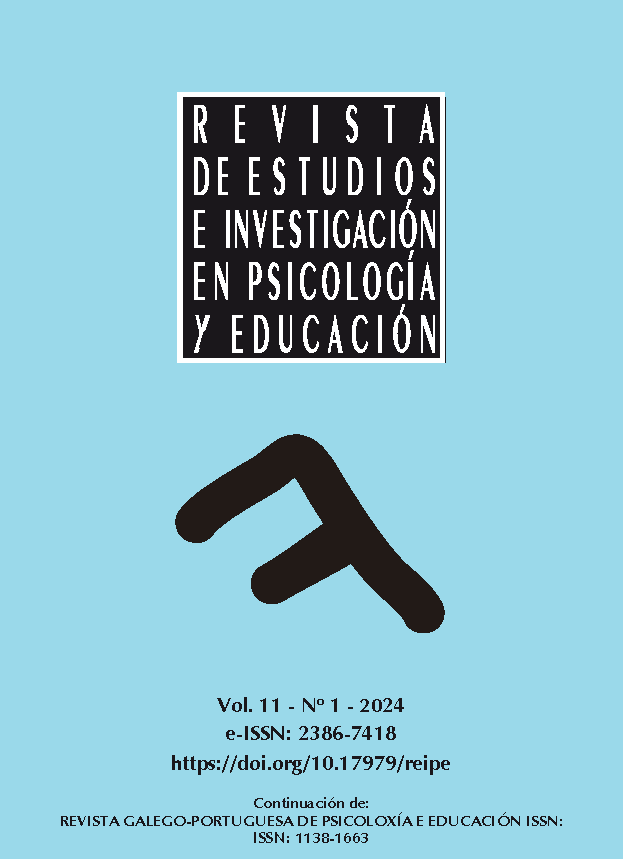Relación entre el consumo de sustancias legales e ilegales y la existencia de rasgos psicopáticos en estudiantes universitarios portugueses
##plugins.themes.bootstrap3.article.main##
Resumen
El consumo excesivo de sustancias ilegales puede repercutir negativamente en la calidad de vida de un individuo y es, por tanto, un factor predictivo de psicopatía. La combinación de consumo de sustancias y psicopatía puede tener consecuencias perjudiciales y conducir a un mayor riesgo de persistencia y gravedad del consumo.El alumnado universitario parecen tener un mayor riesgo de consumo de sustancias ilegales debido a la disponibilidad y posible facilidad de acceso. El objetivo de este estudio es analizar la relación entre el consumo de sustancias legales e ilegales y la existencia de rasgos psicopáticos en una muestra de 487 estudiantes de ambos sexos, con edades comprendidas entre los 17 y los 49 años, de carreras de ciencias sociales de una universidad pública de Portugal. Los datos del estudio se recogieron mediante la Escala de Autoevaluación de la Psicopatía (SRP-III), el Test de Detección del Abuso de Drogas (DAST) y un breve cuestionario sociodemográfico. Los resultados sugieren una asociación entre el consumo y los rasgos psicopáticos (valores r = .18 a r = .37), lo que confirma la necesidad de una detección precoz de las conductas adictivas entre los jóvenes. Los resultados también muestran un consumo ligeramente superior de sustancias por parte de los varones (M = 1,01; DP = 1,33) en comparación con las mujeres (M = 0,52; DP = 1,14). El estudio concluye recomendando la creación de programas de intervención dirigidos específicamente a adultos jóvenes en el contexto universitario, para prevenir o intervenir en el consumo de sustancias ilegales.
Descargas
##plugins.themes.bootstrap3.article.details##

Esta obra está bajo una licencia internacional Creative Commons Atribución-CompartirIgual 4.0.
Los trabajos publicados en esta revista están bajo una licencia Creative Commons Reconocimiento-CompartirIgual 4.0 Internacional.
Los/as autores/as son los titulares de los derechos de explotación (copyright) de su trabajo, pero ceden el derecho de la primera publicación a la Revista de Estudios e Investigación en Psicología y Educación, la cual podrá publicar en cualquier lengua y soporte, divulgar y distribuir su contenido total o parcial por todos los medios tecnológicamente disponibles y a través de repositorios.
Se permite y anima a los/as autores/as a difundir los artículos aceptados para su publicación en los sitios web personales o institucionales, antes y después de su publicación, siempre que se indique claramente que el trabajo está en esta revista y se proporcionen los datos bibliográficos completos junto con el acceso al documento, preferiblemente mediante el DOI (en caso de que sea imprescindible utilizar un pdf, debe emplearse la versión final maquetada por la Revista). En el caso de artículos que provengan de estudios o proyectos financiados, esto se hará en los plazos y términos establecidos por la entidad o entidades financiadoras de la investigación publicada.



